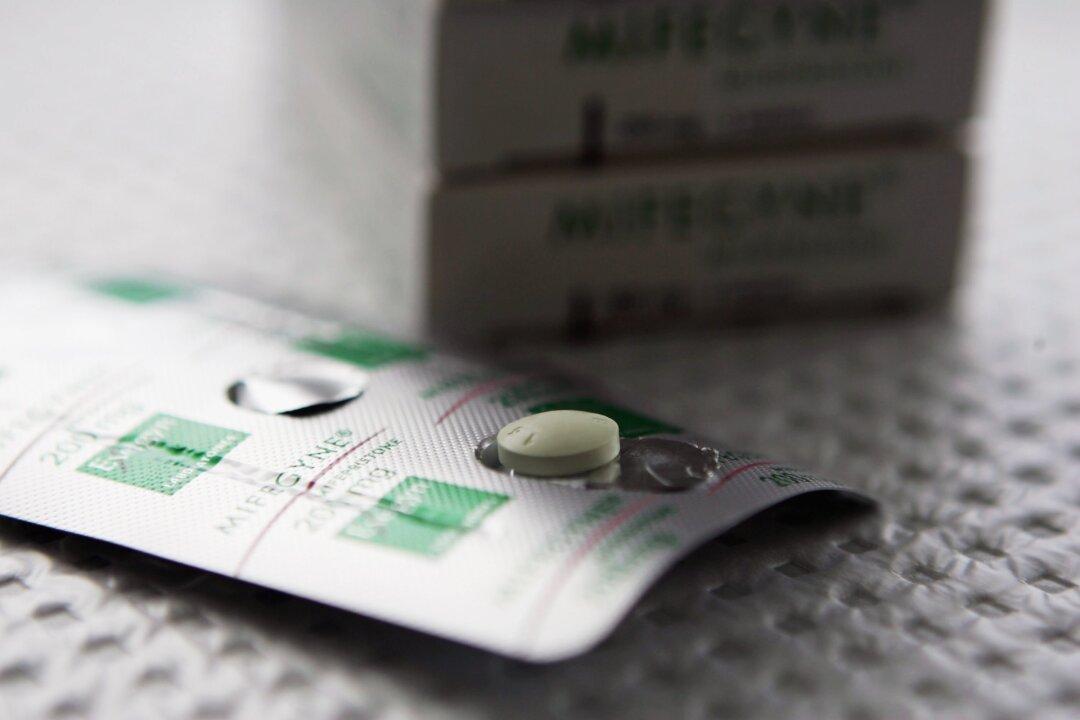Chemical abortions, using pills, have been available to Canadian women since 2017 and have since proliferated. But the relative lack of physician oversight, with some pills sent out by mail order, has sparked concerns about the welfare of women and unborn babies.
Cases have been documented in the United States of men spiking their pregnant girlfriends’ food or drink with the pill to cause undesired abortions. Such cases were compiled by think tank The Heritage Foundation in a December 2023 report, which also noted that the pills may leave women open to abuse and coercion.





